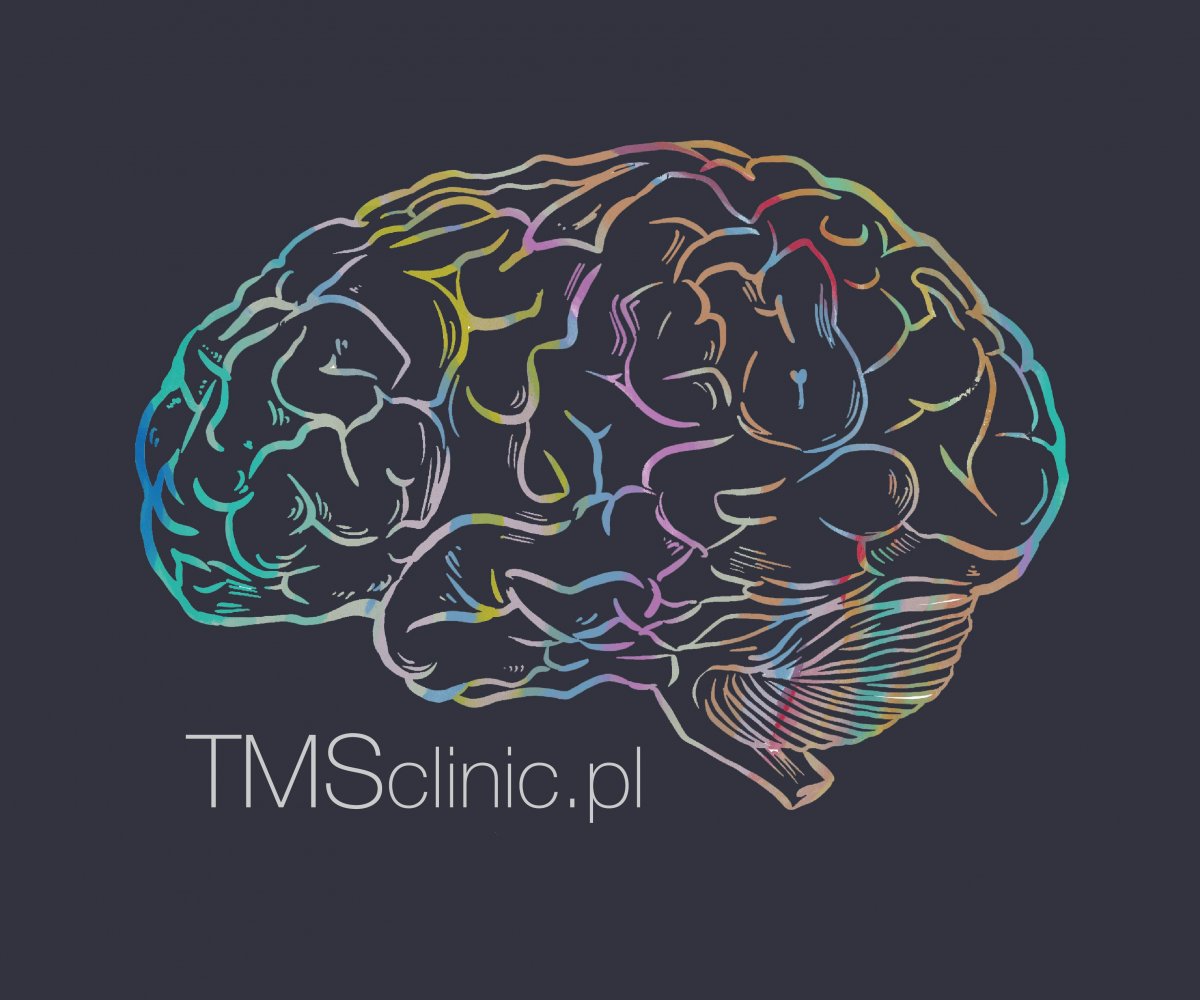Depression
Depression
is one of the most common psychiatric disorders and, according to
epidemiological studies, affects more and more people regardless of gender, age
and education. Even in 30-50% of patients may show features of drug
resistance, i.e. despite antidepressants in appropriate doses, it is not
possible to achieve remission of symptoms for a sufficiently long time.
Neurobiological basis of depression
Knowledge
of the etiology of depressive disorders is growing, but many researchers are
still working to elucidate their causes and construct new therapeutic
approaches targeting specific pathophysiological mechanisms. We now know that
dysregulation of neurotransmitters such as serotonin, dopamine or
norepinephrine is not the only mechanism of depressive symptoms. The results of
the study indicate that the central point in the pathophysiology of depression
may be a disruption of the glutaminergic system, which is responsible, among
other things, for regulating the excitation and inhibition of the activity of
brain regions key to the occurrence of affective symptoms. The neurobiological
basis of depression, including the associated cognitive deficits, may be
considered dysfunctions in brain areas such as the prefrontal cortex, the
cingulate cortex, the insula, the hippocampus and the amygdala.
Wide variety of symptoms
Treatment
Treatment
of depressive disorders includes pharmacotherapy, psychotherapy and
non-pharmacological biological methods. Non-pharmacological methods include
invasive techniques such as electroconvulsive therapy or deep brain stimulation
and non-invasive techniques, among which transcranial magnetic stimulation is
the most effective.
